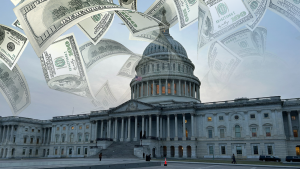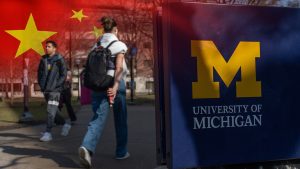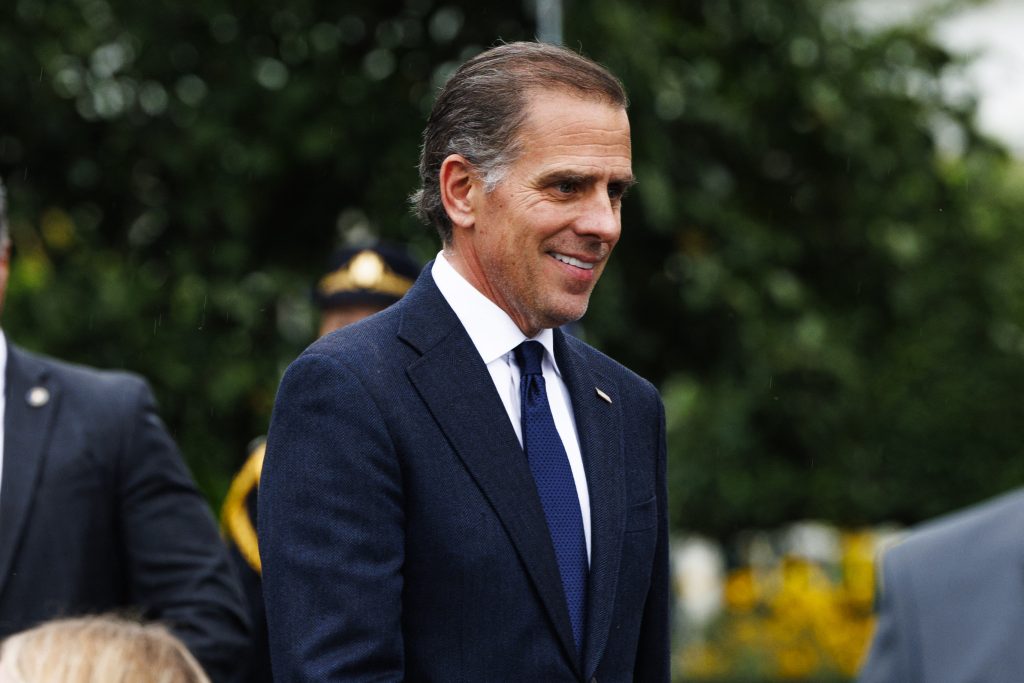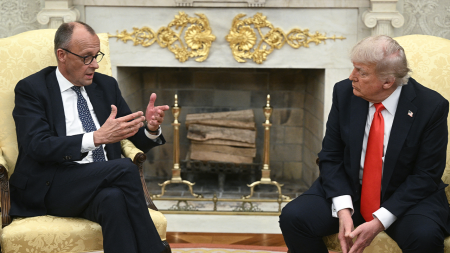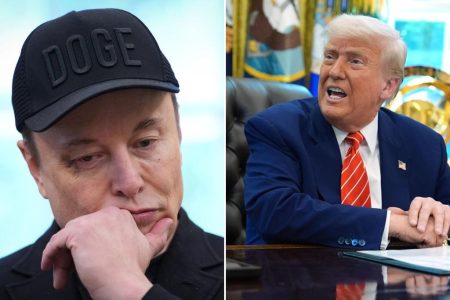In a recent development, Hunter Biden received a presidential pardon from his father, President Joe Biden, following a conviction on firearm charges and a guilty plea related to tax fraud. Former federal prosecutor Neama Rahmani indicated that Hunter had signaled belief in a forthcoming pardon, suggesting that the legal challenges he faced were influenced by political motives aimed at attacking the president. President Biden defended the pardon by asserting that Hunter’s treatment was uniquely harsh compared to other defendants, whose situations often did not attract the same level of scrutiny or criticism. He stated, “No reasonable person…can reach any other conclusion than Hunter was singled out only because he is my son – and that is wrong.” This assertion reflects the Biden administration’s view that Hunter’s case was driven more by partisan struggles than by legal merit.
The decision to pardon Hunter Biden was met with a divided response from legal experts. Some in the legal community defended the action, asserting that the charges levied against Hunter would not typically lead to such serious consequences for other defendants in similar circumstances. In contrast, critics raised concerns about the implications of the pardon, suggesting it could set a troubling precedent regarding accountability, especially given Hunter’s controversial past and the charges against him. Rahmani particularly emphasized Hunter’s earlier decisions—such as rejecting a plea deal which had originally assigned misdemeanor charges—as evidence that he was anticipating a pardon from the president, casting further doubt on President Biden’s earlier statements indicating he would refrain from intervening in his son’s legal troubles.
The context of Hunter Biden’s legal issues includes a plea deal that initially appeared promising, which aimed to reduce felony charges to misdemeanors. However, disagreements arose between the defense and prosecutors over the terms of the agreement, leading to a breakdown in negotiations. Prosecutors characterized the arrangement as not granting sweeping immunity, while Hunter’s legal team argued the terms were unacceptable. This moment underscored the complex nature of Hunter’s situation, as Judge Maryellen Noreika allowed some adjustments to take place, yet no agreement was ultimately reached. Rahmani posited that Hunter’s later decisions in court were indicative of his expectation of receiving a pardon, implying a premeditated strategy regarding his legal battles.
Commenting further on the legal landscape, former federal prosecutor Barbara McQuade noted that the circumstances surrounding Hunter Biden’s case are atypical. She highlighted her extensive experience as a federal prosecutor where similar gun charges associated with drug use were infrequent and typically reserved for more dangerous individuals. McQuade pointed out that Hunter’s tax issues, involving undisclosed earnings of $1.4 million between 2016 and 2019, were of a nature usually dealt with through civil means rather than criminal prosecution. She indicated that the president’s decision to grant the pardon seemed warranted, given the discrepancies in how comparable cases are treated under the law.
Critically, Rahmani’s commentary brought attention to the broader implications of the pardon in relation to Hunter Biden’s specific circumstances. He noted that historically, most tax-related offenses are resolved through administrative actions or civil penalties as opposed to facing criminal charges. This distinction further underscores the argument that Hunter’s case was set apart by unique political sensations and expectations of leniency that others typically would not enjoy. The narrative that the Biden administration has carefully crafted around Hunter’s sobriety and his efforts to overcome personal struggles stands as part of a larger defense strategy against allegations of preferential treatment.
Additionally, while Hunter Biden accepted responsibility for failing to pay taxes, he maintained his innocence regarding the firearm charges, contending that he was not using drugs at the time of the gun purchase. This ongoing dispute highlights the tension between the public perception of misdeeds and the nuanced reality of criminal legislation, which often reflects larger societal and political contexts. The pardon ultimately raises critical questions surrounding the impacts of political lineage on justice and whether Hunter Biden’s situation will affect how future cases involving prominent political figures are prosecuted or pardoned. As reactions continue to unfold, the nuances of Hunter Biden’s case embody conversations about privilege, accountability, and the role of personal relationships in the legal system.
